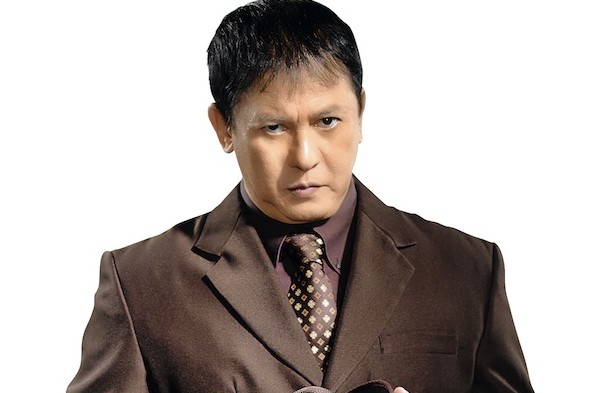Breaking
SC junks estafa raps vs. Philip Salvador
MANILA — The Supreme Court (SC) has affirmed the ruling of the Court of Appeals (CA) acquitting actor Philip Salvador of the crime of estafa.
In a ruling, the SC denied the petition for review filed by Salvador’s former lover, Cristina Castillo.
The SC upheld the CA ruling dated Feb.
11, 2010 turning down the ruling of the Regional Trial Court (RTC) finding Salvador guilty beyond reasonable doubt of the crime of estafa under Article 315 of the Revised Penal Code (RPC).
The same ruling of the RTC sentenced Salvador to suffer the indeterminate sentence of four years up to 20 years of imprisonment.
Philip’s brother, Ramon, was acquitted by the RTC for insufficiency of evidence.
On appeal, the CA on Feb. 11, 2010 rendered its ruling reversing the decision of the RTC absolving Salvador.
This prompted Castillo to elevate the case to the SC.
In the ruling, the SC said that the prosecution failed to prove that “all the elements of estafa are present in the case as would overcome the presumption of innocence in favor of appellant.”
“For in fact, the prosecution’s primary witness herself could not even establish clearly and precisely how appellant committed the alleged fraud. She failed to convince us that she was deceived through misrepresentations and/or insidious actions, in venturing into a remittance business. Quite the contrary, the obtaining circumstance in this case indicate the weakness of her submissions,” the SC said.
According to the SC, the testimony of Enrico, Castillo’s brother, declaring that he was present when petitioner gave respondent the US$ 100,000 did not help.
“Enrico testified that when petitioner filed the instant case in September 2004, another case was also filed by petitioner against respondent and his brother Ramon in the same City Prosecutor’s office in Las Piñas where Enrico had submitted his affidavit.
Enrico did not submit an affidavit in this case even when he allegedly witnessed the giving of the money to respondent as petitioner told him that he could just testify for the other case,” the SC said.
“However, when the other case was dismissed, it was then that petitioner told him to be a witness in this case. Enrico should have been considered at the first opportunity if he indeed had personal knowledge of the alleged giving of money to respondent. Thus, presenting Enrico as a witness only after the other case was dismissed would create doubt as to the veracity of his testimony,” it added.






















